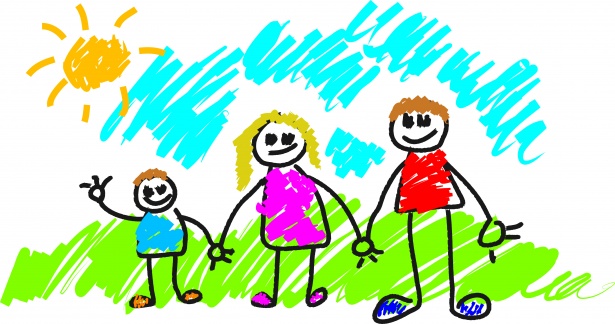Early 20s- graduation and a job
Mid-20s- time to earn good money, enjoy life, may be do a Masters
Late 20s- time to think about settling down, maybe get married, have a small kid
This is the time when a young parent struggles between so many things- the child who is the most precious thing in your life, spending time with her/him, yet being able to provide him/her the best life possible. We are all human, at times this becomes impossible to handle. A parent reaches the stage where they need to make hard decisions. The time has thus come to be separated from your child, while ensuring that s/he is left in a loving and caring atmosphere.
The various aspects you invariably look at?
1. What is the child to care giver ratio? Will your child be given enough individual attention?
2. Is your child safe with those in whom you are entrusting his/her care?
3. Is your child able to adjust being away from you?
4. Is your child being exposed to a healthy environment? Is s/he being given healthy food? Is his/her hygiene being taken care of?
5. Is the care giver equipped to handle any emergencies?
But, most important of all- Will your child be happy?
There are a number of options available to parents to face this situation, and each parent must decide what suits them best.
Naturally one feels most comfortable if the child is with the family, so if you have the family support, there is nothing like it. But that is no longer the case today in most cases, since people move towards the metros in an effort to find a better lifestyle, while family may be in other locations. Even if family is there, you may want to understand if the members are physically fit enough to handle the energies of a toddler.
You may try to employ a nanny, but like every other thing, you have to be absolutely convinced that your child will be secure with the person whom you employ.
Yet another option today is to explore a day care facility. This is the time today’s parent must find the facility which best suits their child, a place where they feel their own wavelength matches with that of those who are running the facility.
Of course, at the end of everything, it is an instinct which will tell you if your child is going to be happy there. The next 20 years of your life revolve around this precious bundle of joy, to ensure a good future for him/her, and you just give it your best to ensure that the start itself is good. After all, a good start enables a good journey, and this is the most important journey for the rest of your life.



Comments
Post a Comment